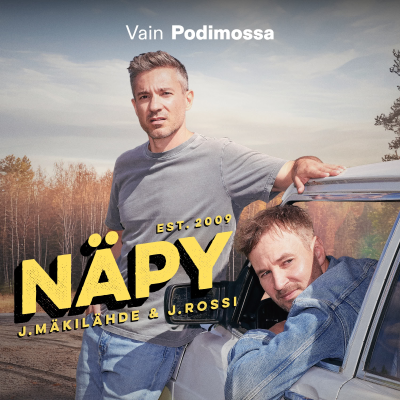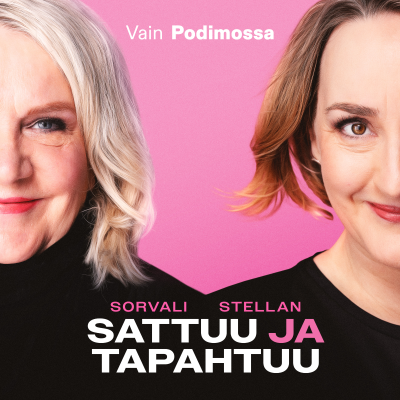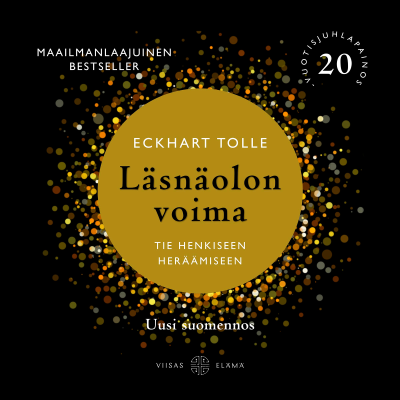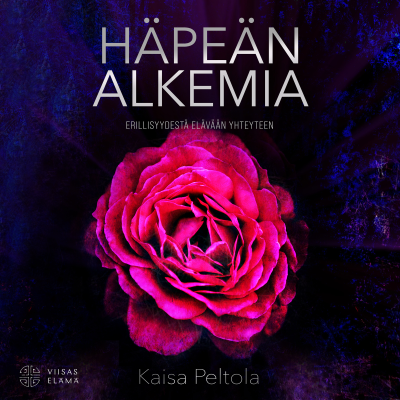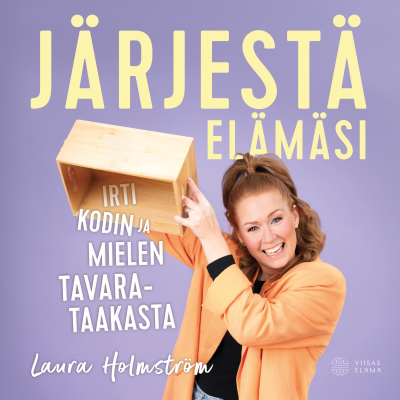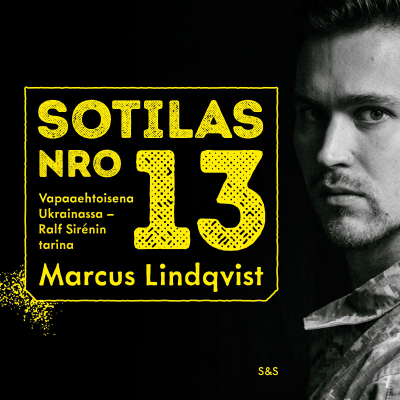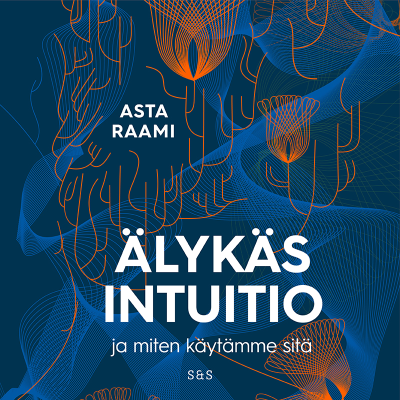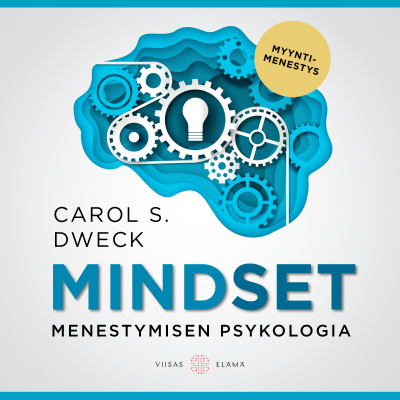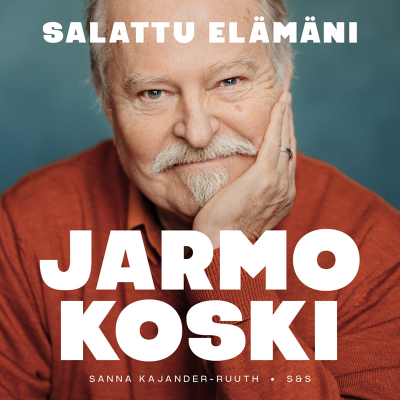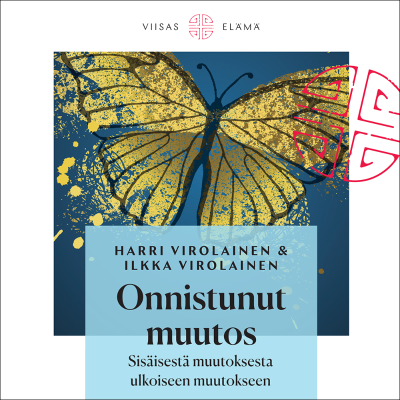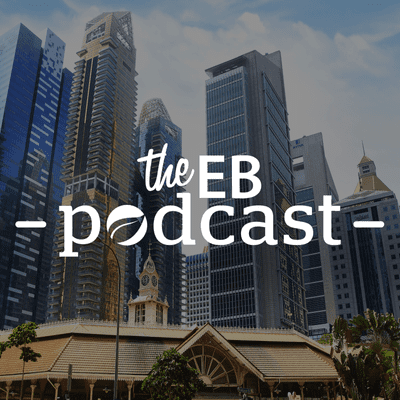
Eco-Business Podcast
englanti
Talous & ura
Rajoitettu tarjous
2 kuukautta hintaan 1 €
Sitten 7,99 € / kuukausiPeru milloin tahansa.
- Podimon podcastit
- Lataa offline-käyttöön
Lisää Eco-Business Podcast
Podcast by Eco-Business
Kaikki jaksot
137 jaksotCross-border clean energy projects are worth the pain: Sunseap co-founder Frank Phuan
In the second episode of a new podcast series that profiles Southeast Asia's clean energy pioneers, Eco-Business spoke with Frank Phuan, co-founder of Singapore solar pioneer Sunseap and now founder of Equator Renewables Asia, a new company focused on unlocking cross-border green power.
Jeffrey Sachs: China is unequivocally the world's climate power today. Asean's opportunity is next.
As a global powerhouse for clean technology and green finance, China can do more to help Southeast Asia lower its greenhouse gas emissions and transition to net zero, says Dr Jeffrey Sachs, economist, Columbia University professor and president of the United Nations Sustainable Development Solutions Network (SDSN). Tune in to this episode of the Eco-Business podcast as we discuss: - How the GBA can help finance Asean's energy transition - Asean's rise as a strategically important player - How China can improve its climate leadership - Why investing in climate action and data still matters
‘Regulation and measurement needed to fix methane emissions in Southeast Asia’: Experts on controlling potent climate agitant
Capping methane release in the oil and gas sector is one of the fastest – and cheapest – ways to tackle climate change. But measurement mandates are first needed to abate the dangerous climate agitant, Viknesh Andiappan and Shareen Yawanarajah tell the EB Podcast.
'I want others to own sustainability too – but letting go is hard': Golden Agri CSO Anita Neville
In this episode of On the frontlines, which profiles the changemakers on the hard edge of sustainable business, Anita Neville, chief sustainability and communications officer of palm oil company Golden Agri-Resources, talks about how the job of the chief sustainability officer is changing, and the growing influence of finance over the role in the context of the palm oil industry.
'We don't want to pit both adaptation and loss and damage funds against each other': Lidy Nacpil
At the close of COP30, nations agreed to triple adaptation finance by 2035, while the fund for loss and damage appeared to remain sidelined. A veteran attendee of the climate conference explains why.
Valitse tilauksesi
Rajoitettu tarjous
Premium
Podimon podcastit
Lataa offline-käyttöön
Peru milloin tahansa
2 kuukautta hintaan 1 €
Sitten 7,99 € / kuukausi
Premium
20 tuntia äänikirjoja
Podimon podcastit
Lataa offline-käyttöön
Peru milloin tahansa
30 vrk ilmainen kokeilu
Sitten 9,99 € / kuukausi
Premium
100 tuntia äänikirjoja
Podimon podcastit
Lataa offline-käyttöön
Peru milloin tahansa
30 vrk ilmainen kokeilu
Sitten 19,99 € / kuukausi
2 kuukautta hintaan 1 €. Sitten 7,99 € / kuukausi. Peru milloin tahansa.


